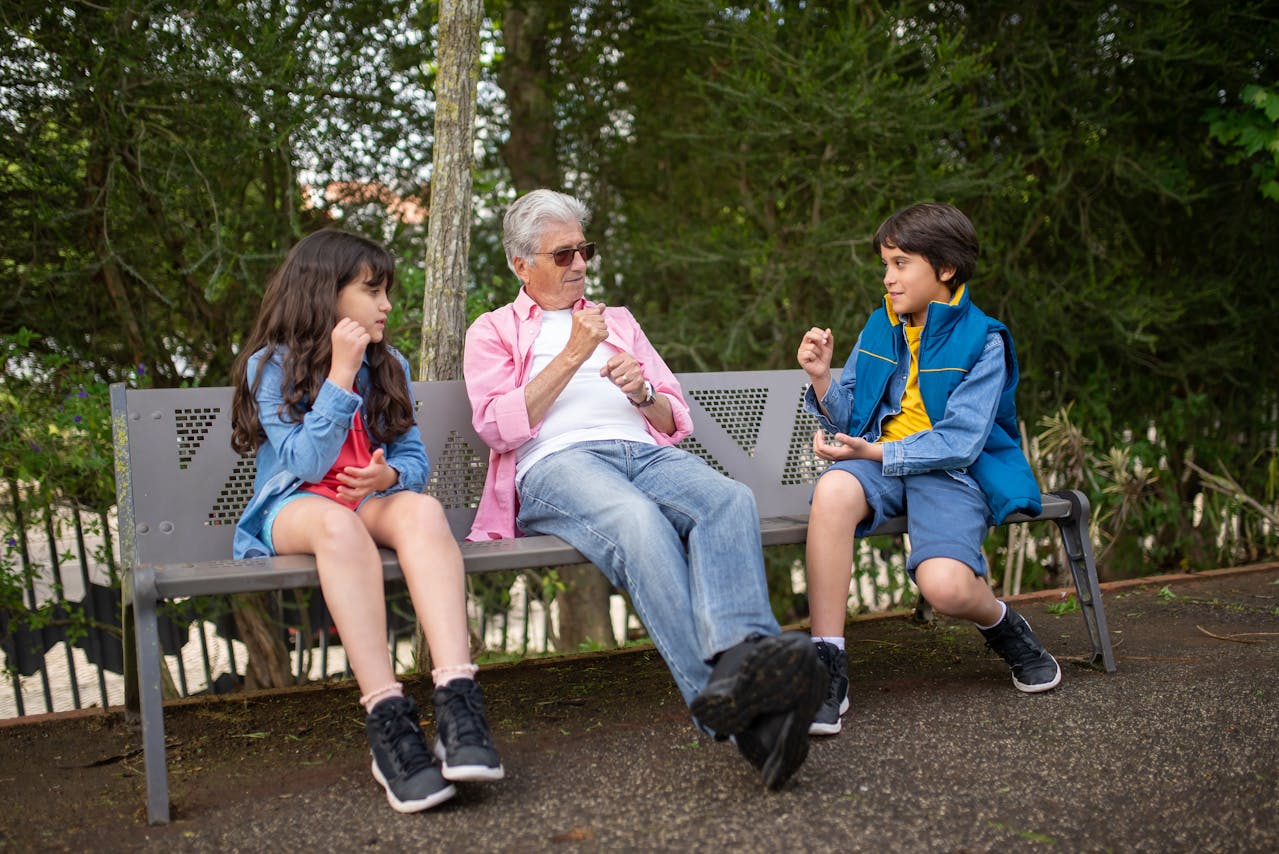
For generations, the image of doting grandparents has been a cornerstone of family life. Yet, more older adults are stepping away from traditional grandparent roles, choosing instead to redefine what their later years look like. This shift matters to families everywhere, changing expectations, impacting childcare, and even influencing family bonds. Understanding why this trend is happening can help you navigate family dynamics with empathy and clarity if you’re a parent, grandparent, or someone planning for the future. Let’s explore the real reasons behind this change and what it means for everyone involved.
1. Prioritizing Personal Well-Being
Older adults today focus more on their health and happiness than ever before. Many have spent decades working and raising their own children, and now see retirement as a time to invest in themselves finally. Whether it’s traveling, pursuing hobbies, or simply enjoying a slower pace, these activities often take priority over traditional grandparent duties. This shift isn’t about neglecting family—it’s about recognizing the importance of self-care and personal fulfillment. Research shows that maintaining an active, independent lifestyle can improve both physical and mental health in later years.
2. Financial Pressures and Limited Resources
The rising cost of living and healthcare means many older adults work longer or manage tight budgets. Some even support adult children financially, leaving little room for the added responsibilities of regular childcare. Once seen as a joyful “extra,” grandparenting can now feel like an unpaid job that strains limited resources. For those on fixed incomes, the cost of transportation, meals, and activities with grandchildren can add up quickly. This financial reality prompts many to set boundaries and step back from traditional grandparent roles.
3. Changing Family Structures
Family structures have evolved, and so have expectations around grandparenting. Blended families, long-distance moves, and diverse cultural backgrounds all play a role. Some older adults navigate complex relationships with step-grandchildren or in-laws, which can make the grandparent role less clear-cut. Others live far from their grandchildren, making regular involvement challenging. Technology helps bridge the gap, but can’t replace the hands-on connection many associate with being a grandparent. As families become more diverse and mobile, the traditional grandparent role naturally shifts.
4. Desire for Independence
Many older adults value their independence and resist being defined solely by their family roles. They want to be seen as individuals with their own interests, not just as caregivers or babysitters. This desire for autonomy often leads to open conversations about boundaries and expectations. They’re modeling healthy independence for younger generations by stepping away from traditional grandparent roles. This approach encourages families to respect each member’s needs and fosters more balanced relationships.
5. Health Challenges and Physical Limitations
Aging brings its own set of health challenges, from chronic conditions to decreased mobility. For some, the physical demands of caring for young children are simply too great. Even the most loving grandparent may need to step back to protect their own well-being. Open communication about health limitations helps families plan realistically and avoid misunderstandings. It’s important to remember that stepping away isn’t a sign of weakness—it’s a practical decision that benefits everyone in the long run.
6. Shifting Social Expectations
Society’s view of aging is changing. Older adults are no longer expected to fade quietly into the background or devote all their time to family. Instead, they’re encouraged to stay active, engaged, and visible in their communities. This cultural shift empowers them to say “no” to roles that don’t fit their vision for retirement. As a result, more are stepping away from grandparent duties to volunteer, work part-time, or pursue lifelong learning. These choices reflect a broader movement toward redefining what it means to age well.
7. Encouraging Parental Responsibility
Some older adults step back to encourage their own children to take full responsibility for parenting. They recognize that while support is valuable, over-involvement can blur boundaries and create dependency. They help their children develop confidence and resilience as parents by setting limits. This approach fosters healthier family dynamics and ensures that grandparent involvement remains a positive, voluntary experience rather than an obligation.
Rethinking Family Roles for a New Generation
Deciding to step away from traditional grandparent roles isn’t about rejecting family—it’s about embracing a new vision for aging and family life. Older adults are redefining what it means to be a grandparent, prioritizing their own well-being while still cherishing family connections. This shift challenges everyone to communicate openly, respect boundaries, and support each other’s choices. As families adapt, they can create new traditions that honor both independence and togetherness.
What changes have you noticed in your own family’s approach to grandparenting? Share your thoughts and experiences in the comments below!
Read More
